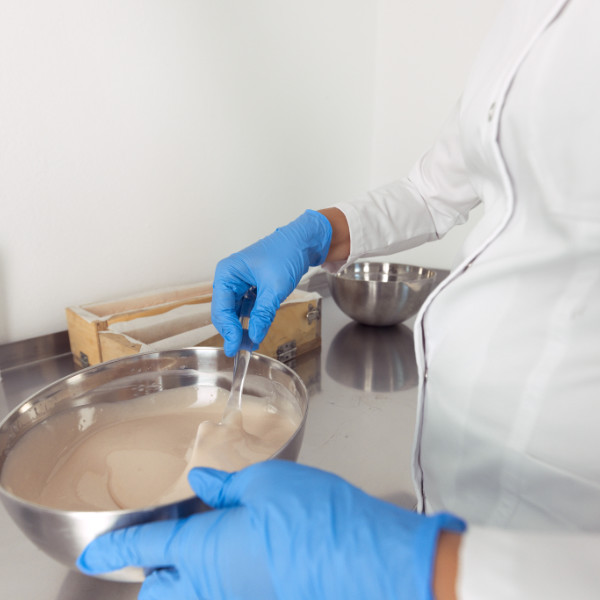Developing a unique functional food product is never easy. Unless you have a partner who handles nearly every aspect.
From crafting a viable formula and ensuring shelf stability to navigating manufacturing logistics and regulatory compliance, FoodPharma simplifies the R&D process by taking on more of the heavy lifting. We offer two paths to turning your vision into a successful functional food product.
Tap an expert team to bring new product categories to market quickly and efficiently.
Simplify your process with proven commercial formulas tailored to meet your customer’s demands.




